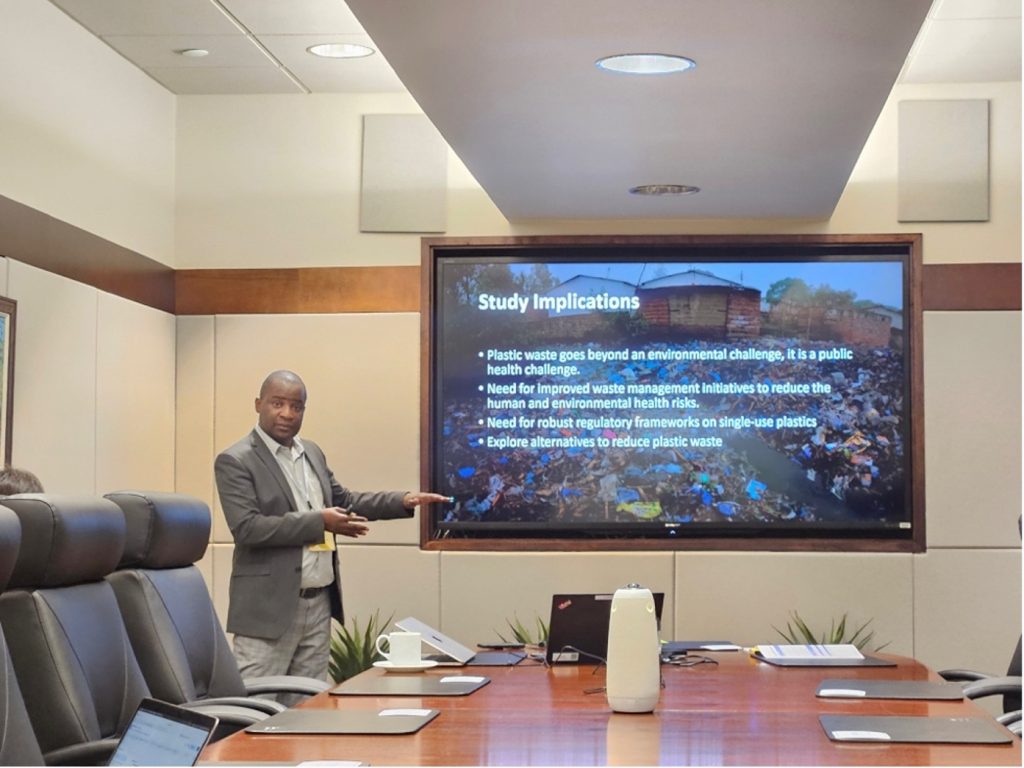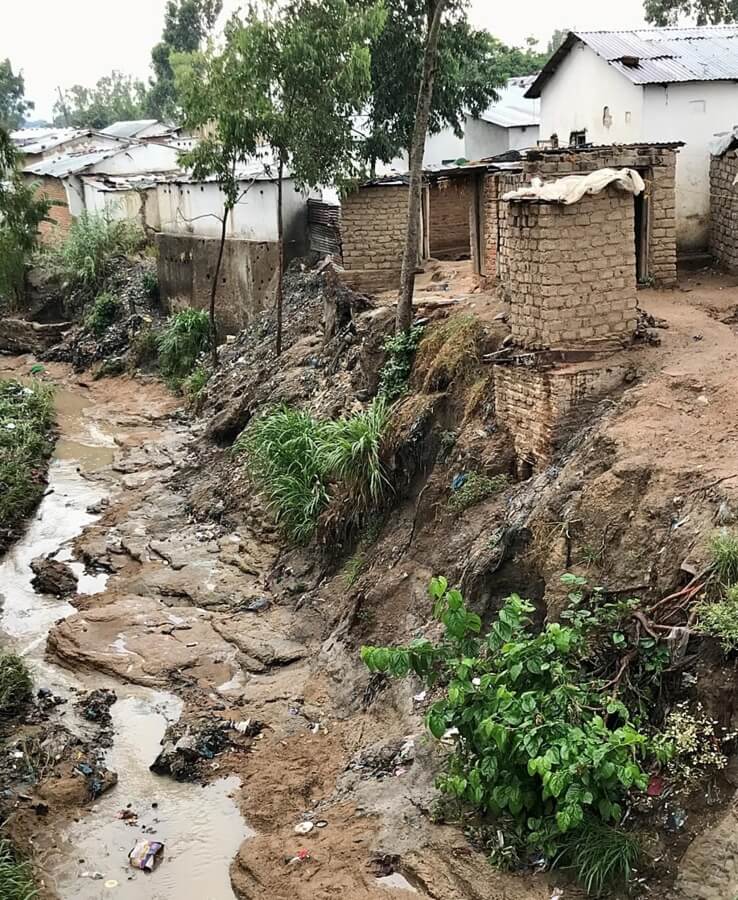While most conversations at the UNC Water and Health Conference focus on water safety and sanitation, our session dove into a surprising angle on how plastic waste is quietly shaping the future of public health.
What began as a small, low-key side event soon exceeded all expectations. The virtual room filled fast, a clear sign that the world is paying attention to the urgent link between plastic waste and public health.
Kicking off this year’s conference, WASHTED and its local and international collaborators shared compelling evidence from the SPACES Project (Sustainable Plastic Attitudes to Benefit Communities and Their Environments), confirming that plastic waste is not just an environmental concern; it’s a public health crisis. In Blantyre’s informal settlements, for instance, poor waste management allows plastic piles to become breeding grounds for harmful bacteria such as Vibrio cholerae and Salmonella spp. These pathogens, including those AMR related, can survive for weeks on plastic surfaces.
The discussion further turned to human behaviour. The findings revealed that littering often stems as much from social norms as from the lack of infrastructure, showing that changing mindsets is just as vital as improving waste systems.
The conversation indicated the need to turn evidence into action by asking the big question: What could solutions look like? Ideas flowed around empowering local waste entrepreneurs, improving affordable waste collection, and developing viable alternatives to single-use plastics.
By the end, one message stood out clearly: plastic pollution touches all of us. Tackling it will demand collaboration, creativity, and commitment from every level of society.
In the picture is Dr Chidzwisano, the WASHTED Centre Manager, making a presentation




